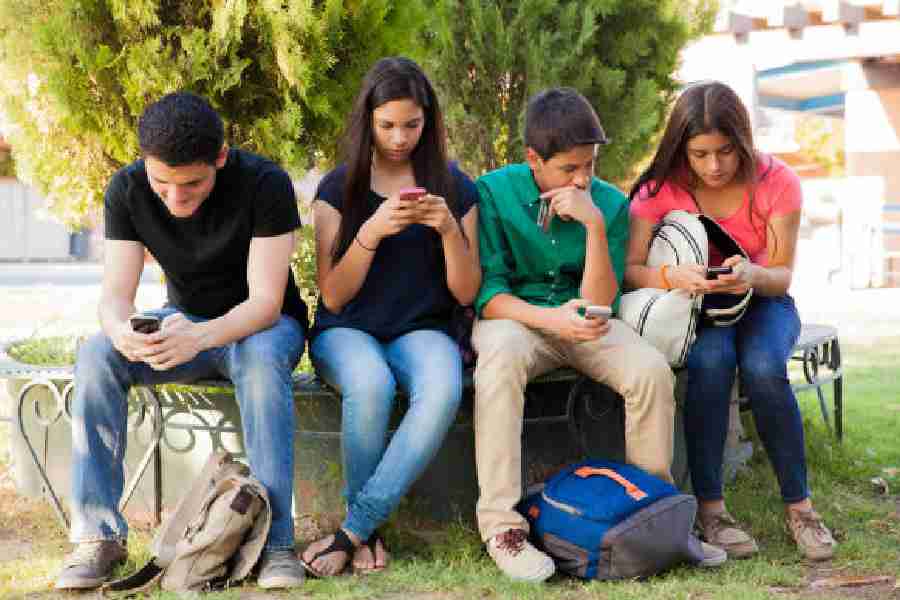There are loud public warnings that social media is harming teenagers’ mental health, adding to many parents’ fears about what all the time spent on phones is doing to their children’s brains.
Although many scientists share the concern, there is little research to prove that social media is harmful — or to indicate which sites or apps are problematic.
“We have some evidence to guide us, but this is a scenario where we just need to know more,” said Jacqueline Nesi, a psychologist at Brown University, in Providence, Rhode Island, US.
Most studies look at platforms with user-generated content, where people can interact. But that raises questions. Does it matter if teenagers see posts from people they know or don’t know? Does it make a difference if they post or just view it? Do multiplayer games count? Dating apps? Group texts?
YouTube illustrates the challenge. It’s the most popular site among teens by far: 95 per cent use it, Pew Research Center found.
Some speculated that YouTube may not have as many detrimental effects, because teenagers often consume it passively, like TV, and don’t post or comment as often as they do on other apps. Or, researchers said, it may carry the same risks — it offers endless scrolling and algorithmic recommendations, similar to TikTok.
“We don’t have enough evidence to tell parents to get rid of a particular app, or cut it off after a particular number of hours,” said Sophia Choukas-Bradley, a psychologist and director of the Teen and Young Adult Lab at the University of Pittsburgh, US.
It’s also hard to prove social media causes poor mental health, versus being correlated with it. Most studies measure time spent on social media and mental health symptoms, and many have found a correlation. But others say measuring time spent isn’t enough: in these studies, it’s unclear if time on social media is the problem, or if it’s time away from other things such as exercising or sleeping.
A carefully designed study — Project Awesome, at the University of Amsterdam and Erasmus University, in Rotterdam, Netherlands — looks at both the average effects of social media on 1,000 teenagers it surveys and how they differ by individual, and follows adolescents over time. It has found that time spent on social media is less of a factor than teenagers’ moods while using it. Other studies have used brain scans to show that when adolescents looked at likes or frequently checked feeds, it activated brain sensitivity to social rewards and punishments.
Academic research takes a long time — often years to get funding, develop studies, hire staff, recruit participants, analyse data and submit for publication. Recruiting minors is even harder. By the time a study is out, teenagers have often moved on to a different platform. Tech companies have also not shared enough data to help researchers understand their products’ impacts, the surgeon general’s report said.
Jonathan Haidt and Jean Twenge, psychologists who have expressed concern about social media’s effect on teens, have proposed an experiment in which middle schools are randomly assigned to avoid social media or not.
Researchers said social media rules should depend on individual teenagers’ maturity and their challenges, and said addressing the risks should also be the responsibility of tech companies and policymakers, not just parents. They agreed on a few steps parents could take now:
— Set limits around bedtime
— Don’t give a young teenager a smartphone right away. Start with a smartwatch or a phone without the Internet
— Talk to your teenagers. Have them show you what they’re seeing, ask them how it makes them feel, and discuss privacy and safety
— Make a family screen-time plan; model responsible Internet use yourself.
It’s not about monitoring certain apps, said Caleb Carr, a professor of communication at Illinois State, US, “Instead, parents should engage with their kids. Just like parents did presocial media, talk about being good humans, about respect for others and themselves, and about how their day was.”
NYTNS











